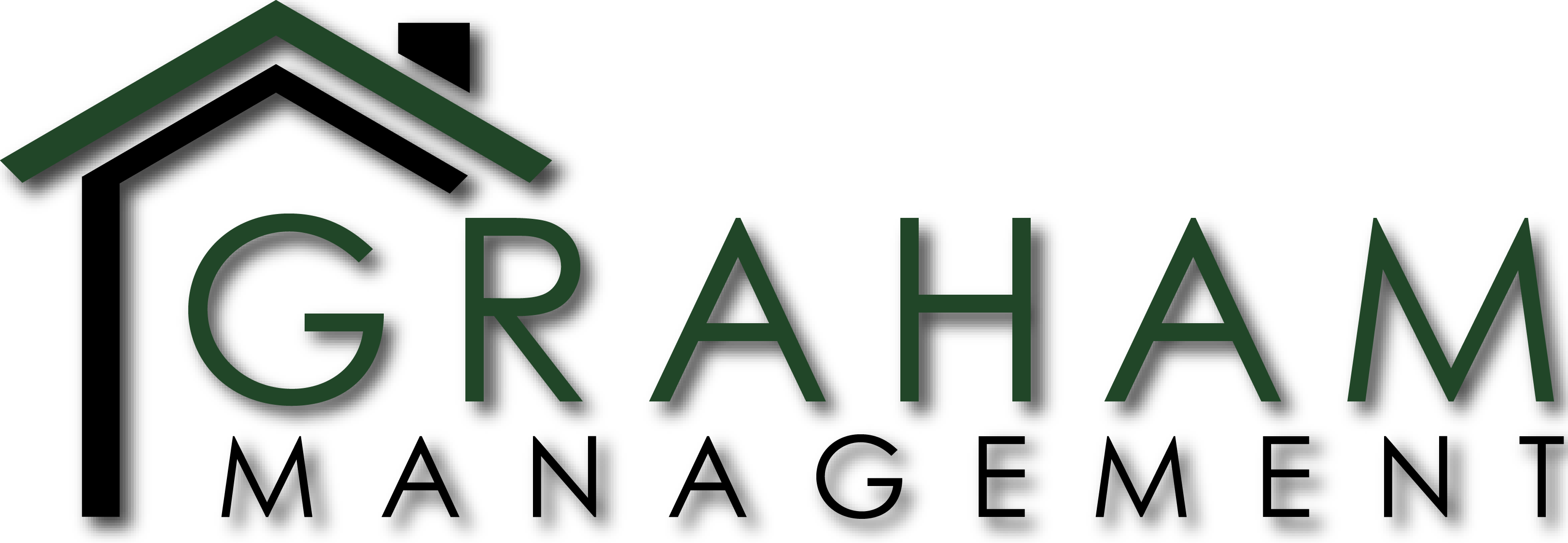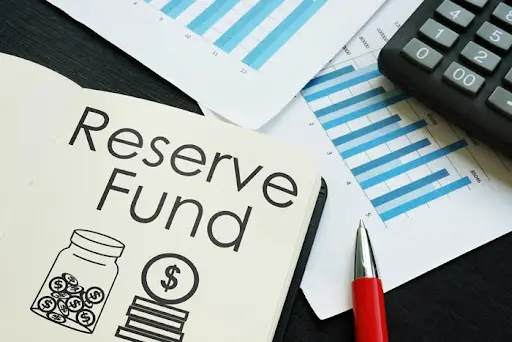HOA reserve funds are an essential part of financial planning and stability. These reserves act as the association’s savings, set aside for major expenses in the future. Understanding the ins and outs of HOA reserves is essential for all members.
What are HOA Reserve Funds?
Homeowners associations manage two main accounts: the operating and reserve funds. The operating fund covers daily expenses and routine maintenance of community assets and accounts for most of the association’s financial transactions.
The reserve fund, on the other hand, acts as the community’s savings account. It provides financial protection against unexpected costs and major future repairs. Associations contribute to this fund by setting aside a portion of monthly homeowner dues. In terms of accounting, the reserve fund in the balance sheet has a credit balance.
The Importance of HOA Reserve Funding
In an HOA, board members are responsible for maintaining the community and managing daily operations. They must also plan for future financial needs. This includes repairing a leaking clubhouse roof, resealing pool tiles, and replacing damaged fitness equipment in shared facilities.
Reserve funds cover more than repairs and replacements. They can also be used for renovations or upgrades to communal spaces, such as repainting exteriors or sealing driveways in shared areas.
These large-scale projects are more costly than routine expenses. A well-funded reserve allows the board to cover costs without increasing dues or imposing special assessments.
With enough HOA reserve funds, the community can handle future major expenses. Sometimes, an HOA will also use its reserves to cover emergencies. For instance, hurricanes or storms may damage common structures like the clubhouse.
Reserves allow an HOA to be financially prepared, preventing unnecessary financial strain on homeowners. A strong reserve fund also ensures the board can address issues promptly without extra costs to residents.
Are HOA Reserves Required in Texas?
 Two factors dictate whether or not an HOA is required to fund its reserves: state laws and the governing documents.
Two factors dictate whether or not an HOA is required to fund its reserves: state laws and the governing documents.
In Texas, no law requires HOAs to maintain reserves or conduct a reserve study. That said, Section 82.102 states that HOAs may plan budgets for reserves. Additionally, Section 82.157 requires HOAs to include the reserve amount (if any) in resale statements.
Aside from state laws, an HOA’s governing documents may also have specific requirements. The CC&Rs and bylaws, in particular, may discuss HOA reserve funds. Board members should refer to these documents for guidance.
Even absent such a requirement in state laws or HOA documents, an association would be wise to fund its reserves. A reserve fund can ensure the HOA’s financial stability in the long run. It would prevent the need for the HOA to levy special assessments or raise dues by a significant amount.
HOA Reserves Rule of Thumb
The HOA reserve funds should ideally be 100 percent funded, but many associations struggle to allocate enough money. This can lead to financial risks for the community.
The reserve should still meet a certain threshold if full funding is impossible. A good rule of thumb is to maintain at least 70 percent funding. For example, if a reserve study recommends $50,000, having at least $35,000 provides a reasonable safety net. This reduces the amount homeowners would need to contribute in an emergency.
How Much Should an HOA Have in Reserves?
There is no fixed amount an HOA must keep in its reserve fund. The required amount depends on the number of community assets and their condition. To determine the appropriate amount, HOAs should conduct a reserve study.
A reserve study evaluates HOA assets and finances to create a long-term plan for potential repairs and costs. A reserve study company will estimate when repairs or replacements will be needed and their costs over the next 20 to 30 years. This helps determine how much the HOA must allocate to the reserve fund each year.
Professionals should conduct reserve studies every three to five years. Since asset lifespans can vary, it is essential to keep reserve studies updated before making financial decisions.
Underfunded HOA Reserve Funds
A fully funded reserve is an HOA’s ideal financial position, ensuring all anticipated costs from the reserve study can be covered. Despite this, many HOA reserve funds are underfunded.
The board may struggle to find the necessary funds when unexpected expenses arise. This can lead to sudden increases in association dues or a large special assessment. The board may also need to take out a loan or cut back on essential expenses.
The Role of the HOA Reserve Study
 An HOA or condo reserve study is a detailed assessment and on-site inspection of an association’s assets typically conducted by a professional. It provides a financial plan to help the HOA prepare for future expenses.
An HOA or condo reserve study is a detailed assessment and on-site inspection of an association’s assets typically conducted by a professional. It provides a financial plan to help the HOA prepare for future expenses.
Conducting a reserve study is essential to ensure long-term financial stability. It helps the board make informed decisions, avoid financial shortfalls, and prevent unexpected costs from burdening homeowners. The study ensures that the HOA maintains a healthy reserve fund by identifying potential repairs and estimating future expenses.
A reserve study consists of two key components: the physical analysis and the financial analysis.
- Physical Analysis. The physical analysis evaluates the condition of the HOA’s common areas and estimates the cost of repairs or replacements.
- Financial Analysis. The financial analysis examines the association’s financial health, including revenue, expenses, and reserve fund balance.
Regular reserve studies help HOAs plan ahead, avoid special assessments, and maintain property values. Even if state laws or governing documents don’t require one, it is a good idea for an HOA to perform a reserve study and update it every few years.
A Helping Hand
Not all board members understand the importance and function of HOA reserve funds. Reviewing state laws and the HOA’s governing documents is a good place to start. Board members should also not be afraid to seek professional help. In the end, HOA boards can support financial stability and long-term success with an adequate reserve fund.
Graham Management offers exceptional HOA financial management services, including reserve fund planning, to Houston communities. Call us today at (713) 334-8000, request a proposal, or contact us online to learn more.

